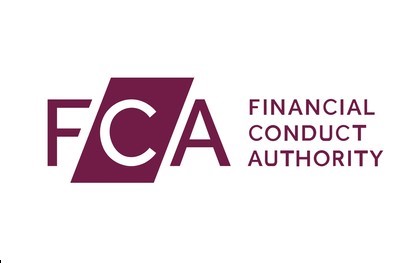The next UK General Election will spotlight many issues, of which pensions could be a source of contention and concern.
As the last Baby Boomers approach the state pension age, the UK must confront the challenges associated with an aging population, and the impact upon the state pension.
This comes amidst concerns about the adequacy of younger generations’ retirement savings.
One issue in particular is the ‘triple lock’, which guarantees that state pensions increase annually by the highest of three factors: Inflation, earnings growth, or 2.5 per cent.
Recent statements from major political parties suggest a consensus to uphold the triple lock, although not necessarily definitive commitments.
Another issue is automatic enrolment policy (AE). The 2017 Automatic Enrolment Review proposed significant changes, such as eliminating the lower earnings limit so that contributions start from the first pound earned and lowering the eligible age to 18.
These changes are scheduled for the mid-2020s.
In 2023 primary legislation enabled the changes, but the changes have not yet been introduced.
It is generally believed that the current contribution rate at 8 per cent is too low for an adequate retirement, leading to calls to increase the contributions.
The Pensions Policy Institute is closely monitoring the parties’ positions on these issues and the and will publish our analysis of the pension-related pledges contained in manifestos as the election approaches.
Latest News
-
TPR urged to provide further guidance on consolidated CDC code
-
‘Guidance gap’ risks undermining targeted support as consultation closes
-
Union calls for RCPS closure to be halted amid Civil Service pension disruption
-
Blog: Roses are red, pensions are sensible
-
News in brief – 13 February 2026
-
Nuveen to acquire Schroders for £9.9bn
THE ROLE OF INSURANCE-LINKED SECURITIES (ILS) IN PENSIONS TODAY
Francesca Fabrizi discusses the role insurance-linked securities can play in both DB & DC schemes with Leadenhall Capital Partners senior managing director, Alistair Jones
Private markets – a growing presence within UK DC
Laura Blows discusses the role of private market investment within DC schemes with Aviva Director of Investments, Maiyuresh Rajah
Podcast: From pension pot to flexible income for life

Podcast: Who matters most in pensions?

In the latest Pensions Age podcast, Francesca Fabrizi speaks to Capita Pension Solutions global practice leader & chief revenue officer, Stuart Heatley, about who matters most in pensions and how to best meet their needs
© 2019 Perspective Publishing Privacy & Cookies











Recent Stories